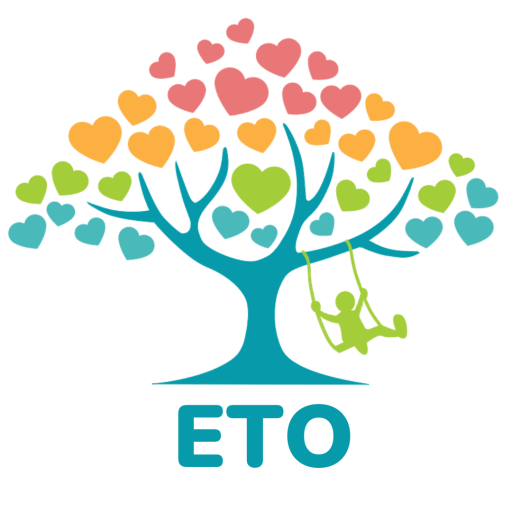Supporting kids' imagination is sadly missing in many classrooms today. This includes their ability to see and understand varying views, emotions, courses of action and outcomes for oneself and others in the short and long-term future.
This is a huge loss because using your imagination translates into useful behaviours. These behaviours demonstrate complex thinking, deep learning and overall well being.
Why is it important?
Spontaneous, voluntary and actively engaged play gives kids the opportunity for exploration and developing their creativity. This is achieved through interacting with their environment. It also gives kids the opportunity to use their imagination through creating complex stories that are fluid and relate to a specific context. Rogers (2000) suggests creative connections are made while children play. This stimulates opportunities for self-expression, problem solving, communication and building social relationships. What's more, play is enjoyable and self-motivated by the child. Overall this allows for engagement that is personally interesting and meaningful.
Tips to promote imaginative play
- Play to Play - don’t have a preconceived outcome when encouraging or engaging in play
- Provide Props & Toys - stimulus is incredibly important for play and is designed for this reason!
- Get Involved - playing with parents, care caregivers, siblings and other children provides a context rich in interaction and and diverse learning opportunity.

